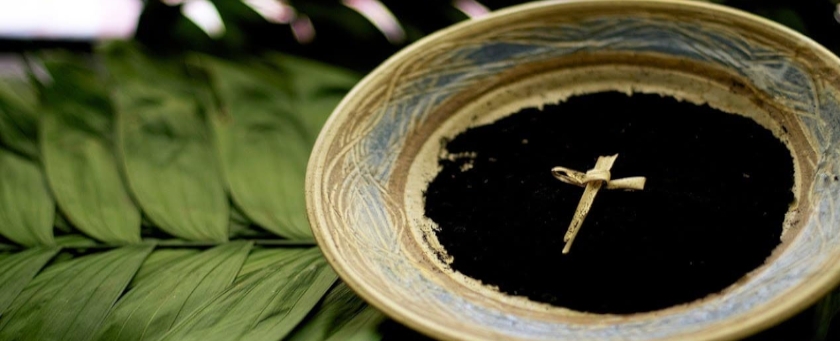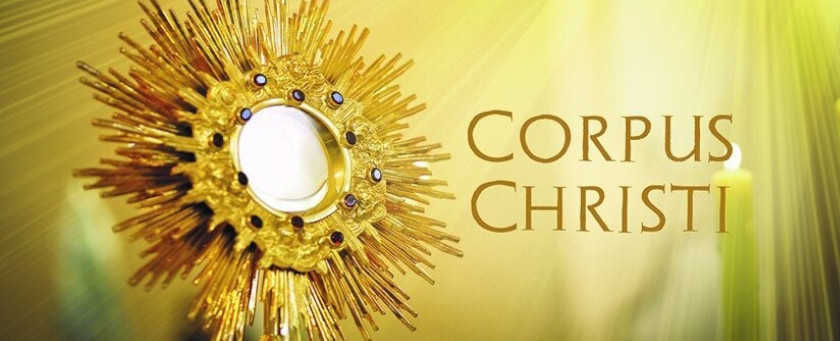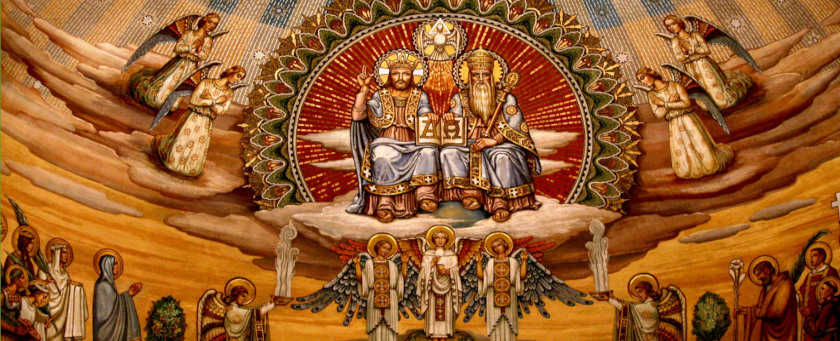Lent: A Time to Focus on Holiness
Ash Wednesday, Year A

Readings:
Jl. 2:12-18; Ps. 51; 2 Cor. 5:20-6:2; Mt. 6:1-6, 16-18
(Audio recorded live, 22 February 2023)
Today, on Ash Wednesday, we begin the holy season of Lent. Today, we gather as the People of God, brothers and sisters in Christ, uniting ourselves under the cross, the sign of our salvation. This sign, the cross which we receive on our foreheads, is a reminder of the sacrifice of Christ, whose said: “This is the time of fulfillment. The kingdom of God is at hand. Repent, and believe in the gospel” (Mk. 1:15). Jesus spoke these words with full knowledge that his public ministry would ultimately lead to his death on the cross. But, he would do so for one reason alone: It was the Father’s will. Sin and death had entered the world through our first parents and continues to this day. How often do we acknowledge the sin our lives? How often do we acknowledge the sins we commit? How often do we seek God’s mercy and forgiveness? Without the cross, we would have no remedy for sin. Without the sacrifice of Christ, we would remain in our sins. Without the mercy of God, we are hopeless. But, God is merciful, God is compassionate. We see this throughout the life of Christ, who came not to condemn the law, but to fulfill it. In other words, Jesus knew the people of this world were slaves to sin; Jesus knew the Law of Moses and the Commandments were given to help people avoid sin; Jesus knew that the more people sinned, the more they broke the covenants and commandments, the deeper their bondage. Another word for bond is a debt. When we sin against God, we incur a debt that cannot be paid. When we, who are finite beings, sin against God who is infinite, our sin is eternal. How can something finite pay back an eternal debt? We cannot, at least not in and of ourselves. We lack the capacity. But, when the Word became flesh, He took upon himself our nature. He who was in the beginning with God and indeed was God, took to himself our finitude, our flesh, and offered it back to God in expiation for our sins. Jesus, by his sacrifice on the cross, once for all, satisfied the debt for us. And now we can live in the freedom won for us by Christ. This freedom was purchased for a price far greater than we could ever satisfy alone. And so, we have been given a great grace to acknowledge what Jesus has done for us by offering our own sacrifices.
It is the custom during Lent to give something up. Our bishop spoke of this in his Lenten Message. He also spoke of giving something. We hear the essence of this message in our gospel today, as Jesus lays out the three pillars of Lent: prayer, fasting, and almsgiving. Lent is a time to intensify our Christian way of life, the pursuit of holiness, which is the heart of our Lenten journey. The Church gives us Lent so we can focus more deeply on holiness. Giving up something and making sacrifices are an important part of that focus, but we should be careful not to let our sacrifices simply be for show. Rather, we should allow those sacrifices to deepen our relationship with God, to whom we make our sacrifice. If our hearts are not changed by the sacrifices we make, then we are missing the point. Giving up should lead us to a deeper union with Christ, who gave up his life for us.
Jesus also reminds of the importance of giving, but not to do it for the sake of being noticed. Rather, we are called to give from the goodness of our heart—the way God gives, freely and without ostentation. There are many ways we can give, but perhaps the greatest gift we can give others is our time. Consider how the sacrifices we make during Lent free up our time so we can spend that time with others, whether it be family, friends, or in service to the community, especially the poor.
Most importantly, whatever we give up and whatever we give, it all must start with prayer. So, let us all go to our inner room and pray to the Father, who hears our every word. And let us listen to his voice, guiding our Lenten journey to holiness.





Twitter
Facebook
Pinterest
Email